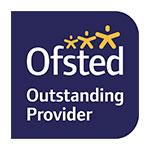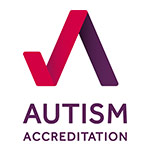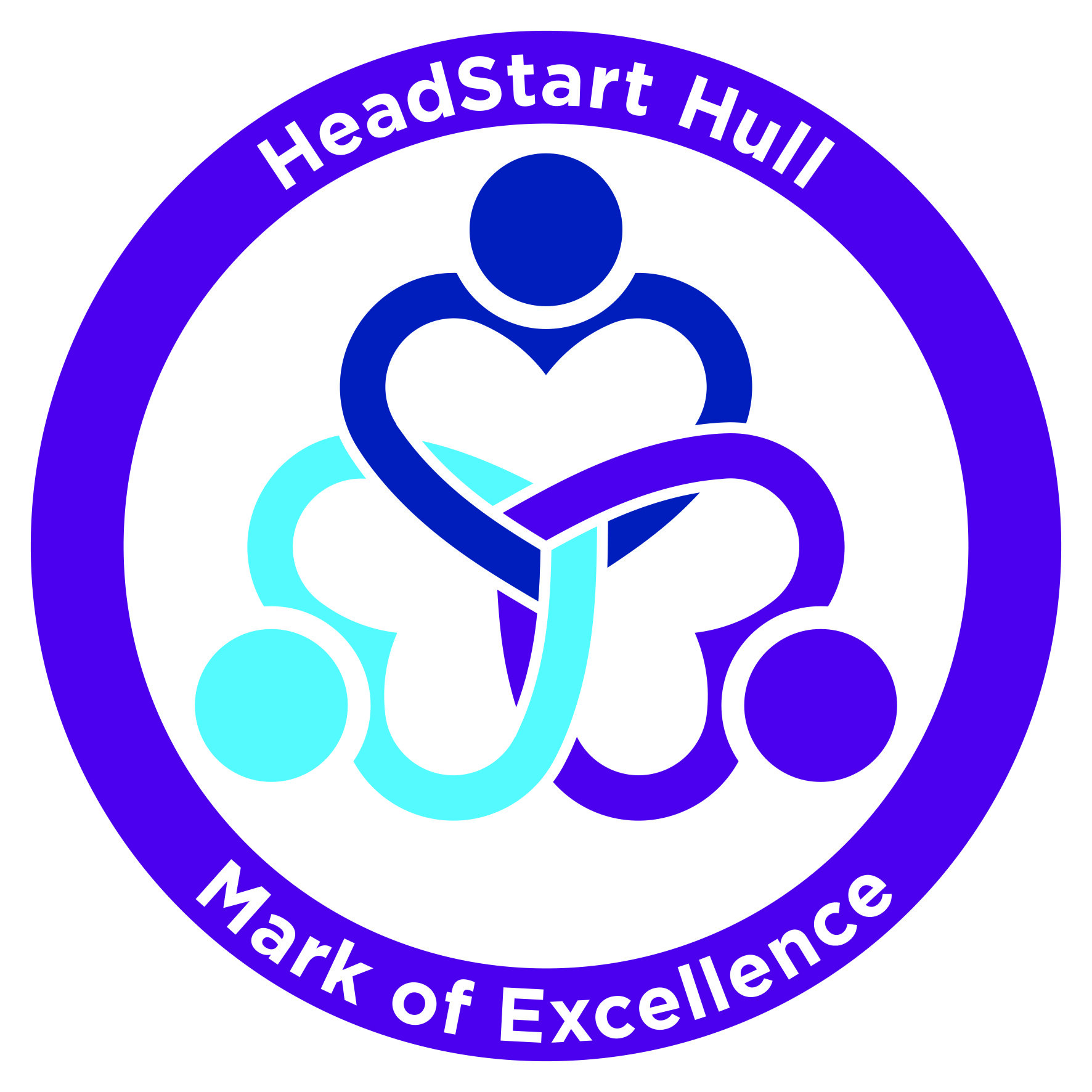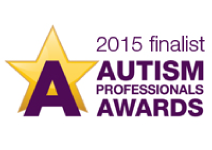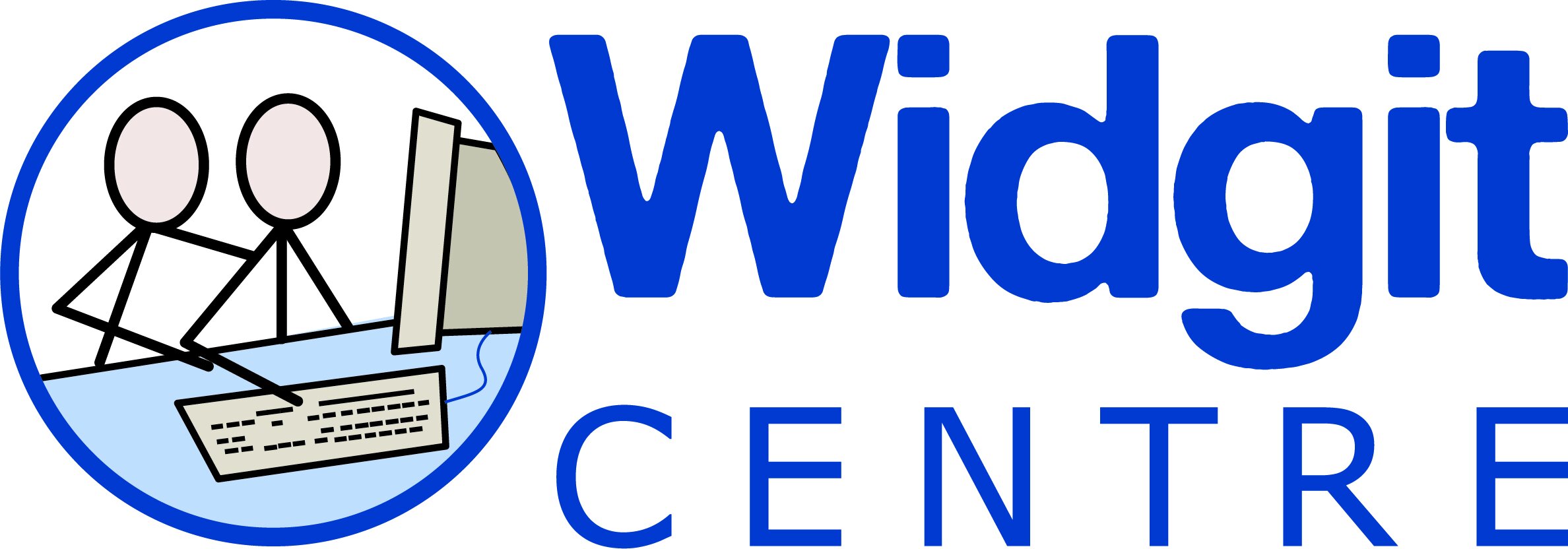English
Aims :
Through building up a body of key foundational knowledge and concepts, all pupils will be able to reach their full potential in reading and writing and be able to use their functional skills to be as independent as possible.
What do we want our pupils to learn?
All pupils:
Develop basic learning skills and reach their best in speaking and listening.
Learn the parts needed to write well (sensory, motor, and language skills).
Improve writing through handwriting and fine motor skills programs.
Expand their knowledge and vocabulary for writing.
Develop a love for reading by enjoying stories in different ways.
Improve reading fluency with Rocket Phonics, guided reading, and using their knowledge in all subjects.
Expand their knowledge and vocabulary for books and reading.
Pupils working in the foundation curriculum - Pupils working on the Engagement model learn by using their senses and practicing their communication. They work on early reading and writing skills through practical, multi-sensory activities. Each term, they share a new book in class which exposes them to the new vocabulary and encourages a love for reading.
In Semi-formal and Formal classes, once pupils are ready for more formal reading, we deliver synthetic phonics lessons alongside a structured guided reading programme. This helps them to develop their word reading, comprehension and speaking and listening skills.
Pupil’s writing is developed through strengthening their fine and gross motor skills (such as Squiggle While You Wiggle and Dough Disco) enabling them to access a more structured approach to writing over time through use of Colourful Sentences.
How can I make reading fun for my child? Here are some tips to help:
Choose Books They Love: Find books that match your child’s interests, whether it’s about dinosaurs, space, or fairy tales.
Interactive Reading: Use books with flaps, textures, or sound effects. Encourage your child to participate by asking questions or making predictions about the story.
Create a Reading Routine: Set aside a special time each day for reading. This could be a bedtime story or a cozy afternoon read.
Act Out Stories: Turn reading into a performance. Use different voices for characters and act out scenes together.
Reading Challenges: Set fun challenges, like reading a certain number of books in a month or finding books with specific themes.
Book-Related Activities: Do crafts, draw pictures, or cook recipes related to the books you read. This helps bring the stories to life.
Create a Reading Nook: Set up a special, cozy place for reading with pillows, blankets, and good lighting.
Praise and Encourage: Celebrate your child’s reading achievements, no matter how small. Positive reinforcement can boost their love for reading.



